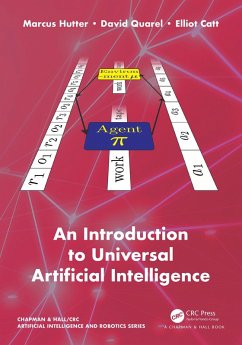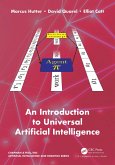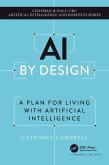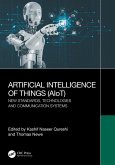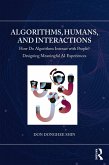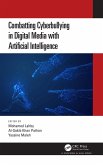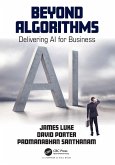Dieser Download kann aus rechtlichen Gründen nur mit Rechnungsadresse in A, B, BG, CY, CZ, D, DK, EW, E, FIN, F, GR, HR, H, IRL, I, LT, L, LR, M, NL, PL, P, R, S, SLO, SK ausgeliefert werden.
- Shane Legg, co-founder of DeepMind
"This is seminal work!"
- Roman Yampolskiy, Tenured Associate Professor at the University of Louisville, USA
"This is an important, timely, high-quality book by highly respected authors."
- Jürgen Schmidhuber, Director of the AI Initiative at King Abdullah University of Science and Technology, Scientific Director at the Swiss AI Lab IDSIA, Co-Founder & Chief Scientist at NNAISENSE
"Clearly very strongly based on mathematical foundations. This offers a theoretical depth which will be of value in research, education (at an appropriate level), and for advanced practitioners."
- Alan Dix, Director of the Computational Foundry at Swansea University and Professorial Fellow at Cardiff Metropolitan University

